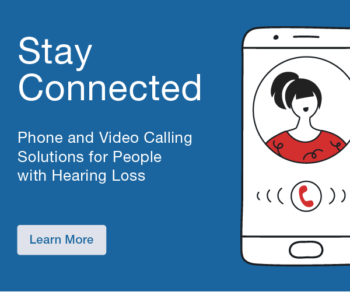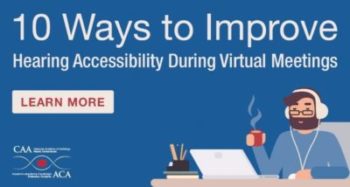Hearing loss has been identified as a modifiable risk factor for dementia and there has been growing discussion as to whether audiologists can or should screen for cognitive function. As a clinical and research neuropsychologist, I will provide my perspective on the challenges faced by clinical audiologists when working with older clients who may also be experiencing cognitive changes due to aging or age-related neurological conditions like dementia and whether cognitive screening should be undertaken to inform best practice for assessment and management of older adults with cognitive loss.
Learning Objectives:
You will become familiar with
- The epidemiological research showing links between hearing loss and cognitive decline
- The distinction between normal aging and age-related neurological conditions (e.g., Alzheimer’s disease)
- The age-related changes in cognition typically seen in older adults with normal cognition
- The most common cognitive deficits in Alzheimer’s disease and other dementia
- How hearing ability and cognitive abilities can influence each other, both in the clinical and in everyday life
- Current issues in cognitive screening
- How collaboration between audiologists and neuropsychologists can inform best practice for assessment and management of older adults with dual hearing and cognitive loss



